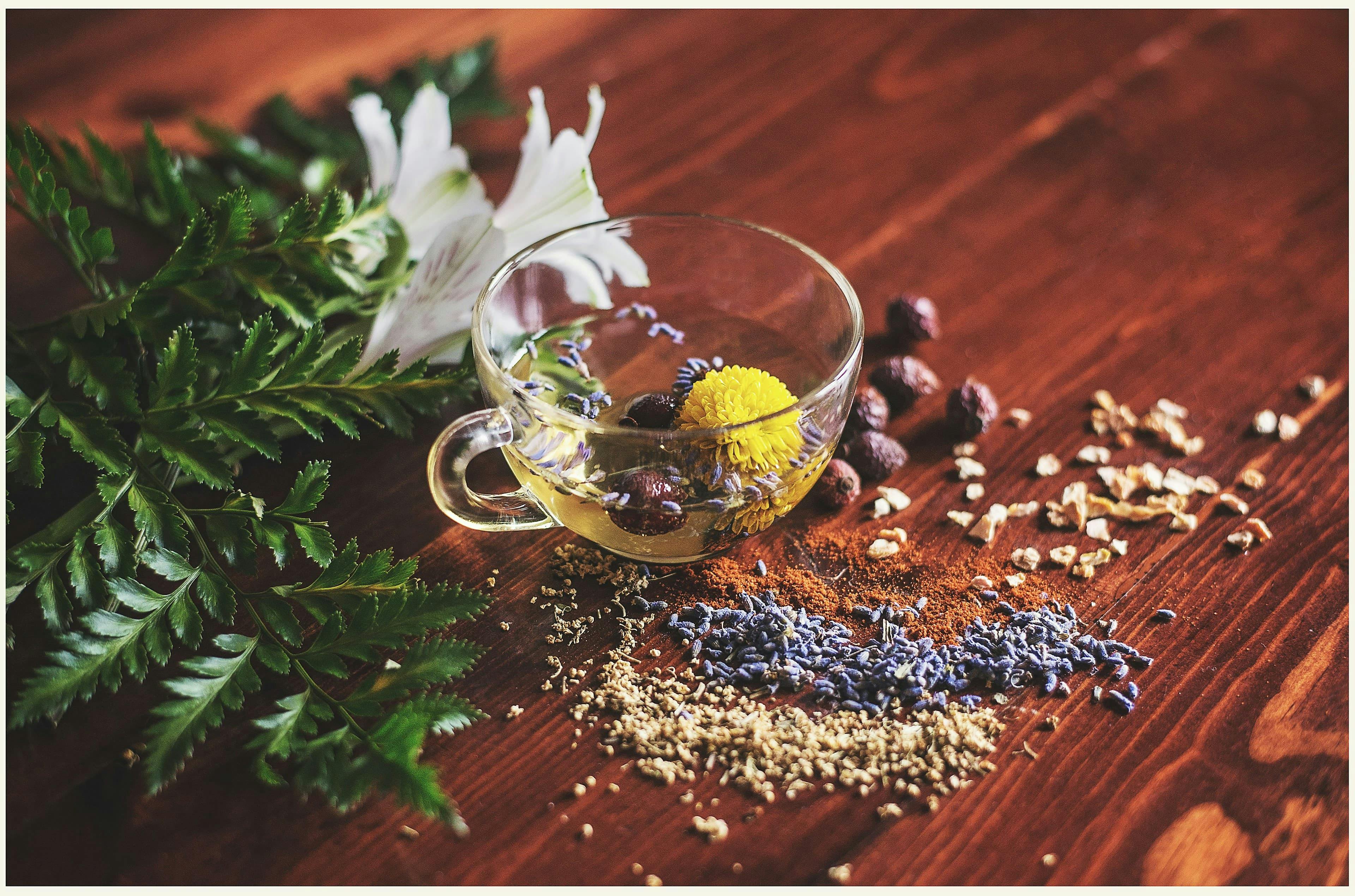Discover 7 natural remedies for BPH symptoms to reduce prostate enlargement and improve urinary health. Learn how lifestyle changes and herbal solutions can help.
Are you experiencing symptoms that point toward an enlarged prostate, known medically as benign prostatic hyperplasia (BPH)? Fear not—you may not need invasive treatments or surgical procedures right away. There are natural remedies for enlarged prostate symptoms that can help manage and even reduce BPH symptoms, especially if you're in the early stages of prostate enlargement. Also, Mosh offers a free online prostate assessment that can help you take the first step toward understanding and managing prostate-related concerns.
When it comes to BPH, simple lifestyle changes and tweaks could make a huge impact in the ways to treat BPH symptoms.
When it comes to managing BPH, natural remedies and lifestyle changes can make a significant impact on your prostate health and overall quality of life. As Dr. Gordon O'Neill, a urologist with over 25 years of experience at St. Vincent's Clinic, explains:
Some early symptoms of benign prostatic hyperplasia include [2]:
- Poor urine flow
- Difficulty starting urination
- Struggling to completely empty your bladder
- Needing to urinate more than twice a night
- Pain or blood when urinating
- Weak flow that stops and starts
- Leaking urine
- Straining while urinating
If you're concerned about distinguishing between BPH symptoms and potential signs of prostate cancer, our comprehensive guide on Prostate Cancer vs Benign Prostatic Hyperplasia provides crucial information to help you understand the key differences and when to seek medical attention.
Dr. O'Neill notes,
Men with BPH may also experience issues with sexual function, such as erectile dysfunction and low libido [3]. However, Dr. O'Neill clarifies:
BPH is common among men over the age of 50. In fact, 40% of men in their 50s and over 70% of men in their 60s develop an enlarged prostate [4]. Since the prostate gland is sensitive to testosterone, nearly all men will experience some prostate growth as they age [5]. This prostate enlargement can cause urinary symptoms due to pressure on the urinary tract [5].
"BPH is the most common prostate problem in men over 50," says Dr. O'Neill.
You don't necessarily need surgical treatment to manage benign prostatic hyperplasia. For men with mild to moderate symptoms, a watchful waiting approach might be recommended. This involves regular check-ups with your healthcare provider to monitor symptom progression and prostate gland health but no active treatment unless symptoms worsen.
Here are 7 of the best natural remedies for an enlarged prostate:
1. Lifestyle Changes
Simple lifestyle tweaks can help reduce the symptoms of BPH and improve prostate health. While the exact cause of prostate enlargement is unknown, studies suggest a link between diet, obesity, smoking, diabetes, and the risk of developing prostate issues [6].
Changes to consider to reduce BPH symptoms:
- Limit caffeine and alcohol, as they can stimulate the bladder and worsen urinary symptoms.
- Maintain a healthy weight to reduce pressure on the bladder and prostate.
- Eat a balanced, low-fat diet rich in fruits and vegetables.
- Avoid drinking fluids before bedtime to reduce nighttime urination.
- Stay physically active to improve urinary tract function.
Dr. O'Neill advises:
2. Drink Green Tea
Green tea is rich in antioxidants that support prostate health. Studies have found that green tea may help reduce the development and progression of an enlarged prostate and lower urinary tract symptoms associated with BPH. The antioxidants in green tea can help reduce inflammation in the prostate gland. [7].
3. Add Soy Foods to Your Diet
Incorporating soy foods into your diet can help reduce prostate growth [8]. Soybean isoflavones may reduce BPH growth [9], potentially easing symptoms. Foods like tofu, soy milk, and edamame are good sources of soy isoflavones [9].
4. Increase Intake of Fruits and Vegetables
One study found that diets high in fruits and vegetables—especially leafy greens and tomatoes—are associated with fewer BPH symptoms [10]. These foods are rich in antioxidants and nutrients that may reduce inflammation of the prostate tissue.
Fruits and vegetables beneficial for prostate health and the management of benign prostatic hyperplasia symptoms [10]:
- Tomatoes (rich in lycopene)
- Berries (antioxidant-rich)
- Broccoli and other cruciferous vegetables
- Spinach and kale
5. Omega-3 Fatty Acids
Consuming omega-3 fatty acids can help reduce prostate inflammation. Fish like salmon, sardines, and trout are rich in these healthy fats and may result in the reduction of BPH symptoms associated with an enlarged prostate [11].
Other sources of omega-3s:
- Flaxseeds
- Chia seeds
- Walnuts
6. Cranberry
Cranberries contain phytonutrients with anti-inflammatory properties [12] that may be effective in managing BPH symptoms. One study [13] found that men who consumed cranberry experienced a reduction in benign prostatic hyperplasia symptoms.
Ways to include cranberry:
- Drink unsweetened cranberry juice
- Take cranberry supplements (consult your healthcare provider first)
7. Herbal Natural Remedies:
- Saw Palmetto: This herbal remedy is commonly used to treat BPH symptoms. Saw palmetto may be an effective natural treatment to ease lower urinary tract symptoms associated with benign prostatic hyperplasia by reducing inflammation and blocking certain hormones involved in prostate growth [14]. However, the National Institutes of Health (NIH) notes that in larger studies [15], saw palmetto was not found to be more effective than a placebo. Ongoing research is exploring its anti-inflammatory and hormone-blocking properties and its potential use alongside other medications.
- Stinging Nettle: Used in Europe for prostate health, stinging nettle may help decrease the severity of the symptoms of an enlarged prostate, particularly nighttime urination [16], and urgency, when used in combination with conventional medical treatment.
The prostate gland is located just below the bladder and surrounds part of the urethra, the tube that carries urine out of the body [17]. As men age, prostate cells can multiply, leading to prostate enlargement. The size of the prostate can increase from that of a walnut to a ping pong ball or even a tennis ball, impacting the urinary tract [18].
As Dr. O'Neill describes:
Wondering if you have an enlarged prostate? It all starts with a quick quiz. This will provide your Mosh health practitioner with the information needed to assess your symptom score. You'll receive a free comprehensive assessment for your GP, and if appropriate, a referral to a local urology specialist—all from the comfort of your home.
As Dr. O'Neill emphasises:
Whether you choose natural remedies or explore other treatment options for an enlarged prostate, early intervention can help improve BPH symptoms and enhance your quality of life. Natural remedies may help , but it's essential to work with a healthcare professional for proper management of benign prostatic hyperplasia.
Take the first step by visiting Mosh to speak to a Mosh practitioner and get your free prostate assessment today. Mosh makes it simple—take a quick quiz to assess your symptom score, and a health practitioner will give you a comprehensive assessment online or over the telephone. From specialist referrals to symptom tracking, Mosh helps you manage your prostate health all in one place.
For a deeper understanding of BPH symptoms and management options, check out our comprehensive Benign Prostatic Hyperplasia (BPH) guide, which covers everything you need to know about this common prostate condition.

